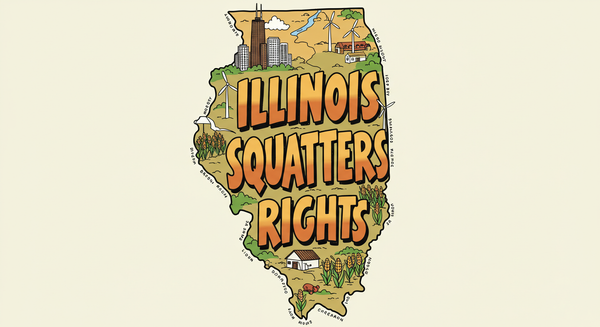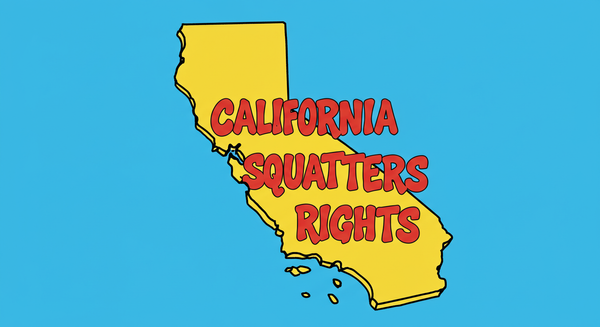
Arkansas Laws
Kansas Squatter's Rights Guide: 2025 Laws, HB 2378, and Property Protection
Kansas requires squatters to occupy property continuously for 15 years before they can file an adverse possession claim

Arkansas Laws
Kansas requires squatters to occupy property continuously for 15 years before they can file an adverse possession claim

Iowa Laws
Iowa only requires squatters to occupy property continuously for 5 years before they can file an adverse possession claim

Indiana Laws
With Senate Bill 70 set to take effect on July 1, 2025, Indiana is poised for significant changes in how unauthorized property occupation is handled throughout the state.

Illinois Law
Illinois requires squatters to occupy property continuously for 20 years before they can file a standard adverse possession claim

Idaho Laws
Idaho requires squatters to occupy property continuously for 20 years before filing an adverse possession claim

Hawaii Laws
With real estate values among the highest in the nation and unique property challenges on the islands, Hawaii's approach to unauthorized occupation requires particular vigilance.

Property Management Terms
The OCEAN framework serves as a mnemonic device to remember the essential elements required for a successful adverse possession claim.

Georgia Laws
With the implementation of HB 1017, Georgia has shifted from treating squatting as a purely civil matter to one with potential criminal implications, substantially strengthening property owners' rights.

Delaware Laws
Delaware continues to follow its outdated, traditional adverse possession framework, making vigilance by property owners even more critical.

Connecticut Laws
Connecticut requires squatters to occupy property continuously for 15 years before they can file an adverse possession claim

Colorado Laws
In Colorado, squatters must maintain continuous possession for 18 years—one of the longest requirements nationwide. Any significant interruption restarts this timeline.

California Laws
The new trespassing notice system enables quicker police response to squatting situations without requiring the lengthy civil court process previously necessary.